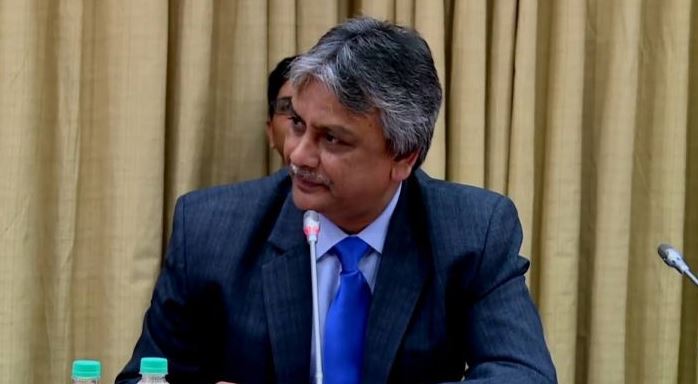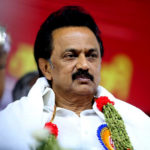The Appointments Committee of the Cabinet (ACC) has appointed Michael Debabrata Patra as the Deputy Governor of the Reserve Bank of India (RBI). He will be the fourth deputy governor of the central bank; the post that has been lying vacant since June last year due to the resignation of Viral Acharya.
The appointment of Patra is cleared by ACC for a three-year term. He has been working in RBI since 1985 in various capacities.
Patra, who is currently an executive director of RBI. However, is likely to take over the monetary policy portfolio handled by Acharya.
The Appointments Committee of the Cabinet (ACC) appointed Michael Debabrata Patra as the Deputy Governor of the Reserve Bank of India
Prior to the appointment as Deputy Governor, he has been associated with the Monetary Policy Department of the central bank as Adviser-in-Charge since March 2006.
India’s government appointed career central banker Michael Patra as one of the Reserve Bank of India’s four deputy governors for a three-year term, it said in a statement on Tuesday https://t.co/mSSRh2YUVS pic.twitter.com/nI6kNu5lkh
— Reuters India (@ReutersIndia) January 14, 2020
After the exit of Acharya, RBI has been functioning with three deputy governors – NS Vishwanathan, BP Kanungo and MK Jain. The central bank, headed by Governor Shaktikanta Das. Also, can have a maximum of four Deputy Governors.
Patra, who has a Ph.D. in Economics from IIT-Bombay, was the adviser in the Department of Economic Analysis. Also, Policy in charge of international finance, money, and banking. His Ph.D. thesis is on “The Role of Invisibles in India’s Balance of Payments: A Structural Approach”.
Patra did post-doctoral research in the area of financial stability from Harvard University. He has received professional training at the IMF Institute on Financial Programming. However, Policy and at the Centre for Central Banking Studies, Bank of England.
Acharya resigned in July 2019, six months before the completion of his term. Although Acharya had spoken out of resignation due to personal reasons. Also, there was speculation that he resigned due to a confrontation between the government and the central bank over various issues.




